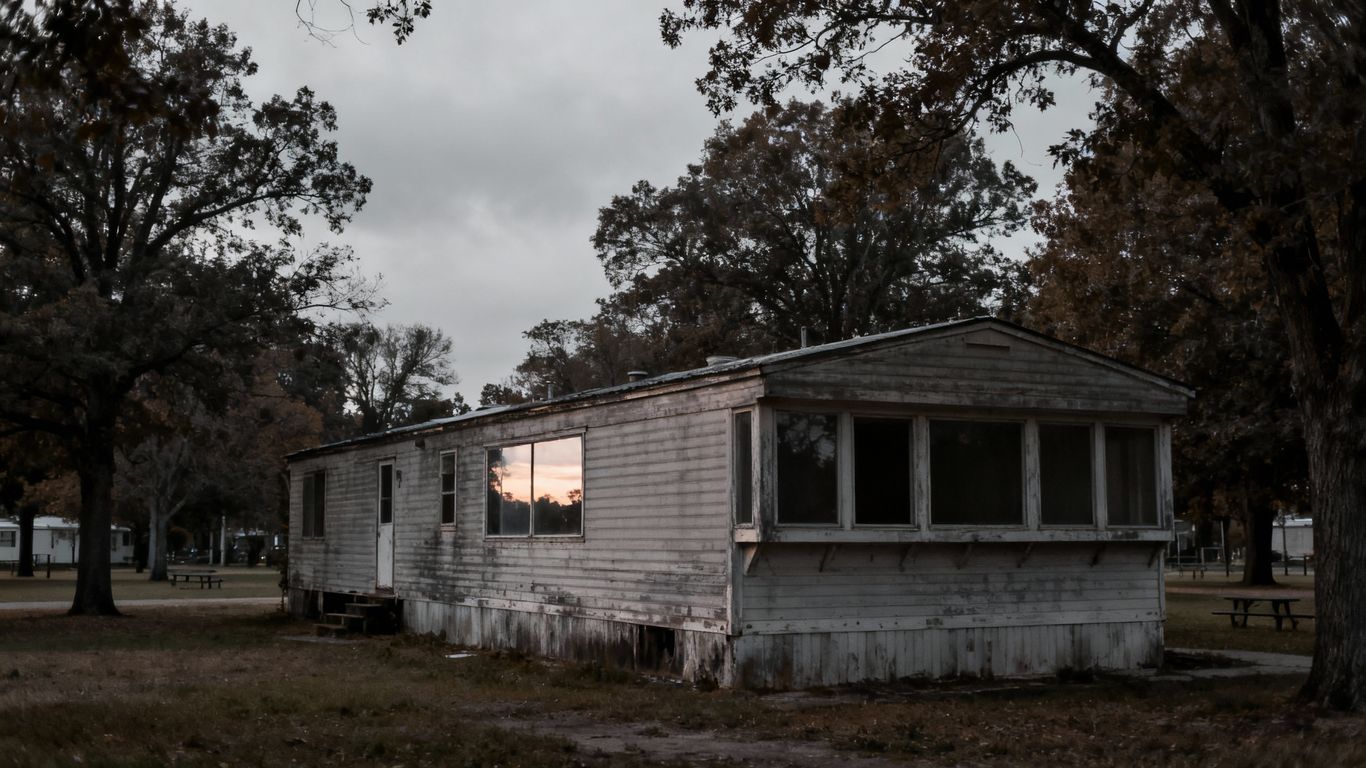
A critical bureaucratic stalemate in British Columbia is preventing thousands from achieving homeownership through manufactured home parks, often the last affordable housing option. A dispute over a banking form, known as the "1097," has stalled numerous property deals, leaving residents and realtors frustrated and deals collapsing at the last minute. The issue requires urgent federal intervention to resolve the impasse.
The core of the problem lies with the "Landlord Consent Model Assignment of Consent for Manufactured Home Tenancy Agreements," or the "1097" form. This document outlines the obligations between lenders, park managers, and residents, particularly in cases of tenant default and lease assignments during park sales. While initially introduced by the Canadian Bankers Association in 2002, the form has evolved, with each major bank developing its own variation.
Park managers in B.C. have expressed significant concerns about certain clauses within these lender-created versions, citing a lack of protection for managers and an overabundance of protections for lenders. In response, the Manufactured Home Park Owners Alliance of B.C. released their own version in October 2024. However, lenders have refused to adopt it, citing federal regulations that prevent them from agreeing to some of the proposed changes.
This ongoing stalemate has created significant disruption for both residents and real estate professionals. Buyers with approved financing and willing sellers are unable to complete transactions because the crucial "1097" form remains unsigned. This effectively vetoes sales, creating a substantial barrier to accessing manufactured park housing.
Realtors across the province are witnessing deals fall through at the eleventh hour due to the unsigned mandatory form. One instance involved a Coquitlam couple who experienced multiple offers collapsing, leaving them feeling powerless. The lack of a standardized and accepted "1097" form is disproportionately impacting vulnerable populations, including the elderly, low-income families, and those in rural areas who may have limited alternative housing options. The current situation prevents buyers from purchasing and sellers from selling.
Experts argue that this impasse cannot be resolved through private negotiations alone. The federal government is called upon to intervene by establishing clear guidelines for the "1097" form and its application. Given that manufactured home parks represent one of the last bastions of affordability in an increasingly expensive housing market, their importance cannot be overstated.
The situation is not framed as a conflict between lenders and park managers, but rather as a fundamentally broken process. Housing Minister Robertson is urged to step in and regulate the use of the "1097" form to reintroduce consistency and essential consumer protections for a vital, yet often overlooked, housing sector in Canada.